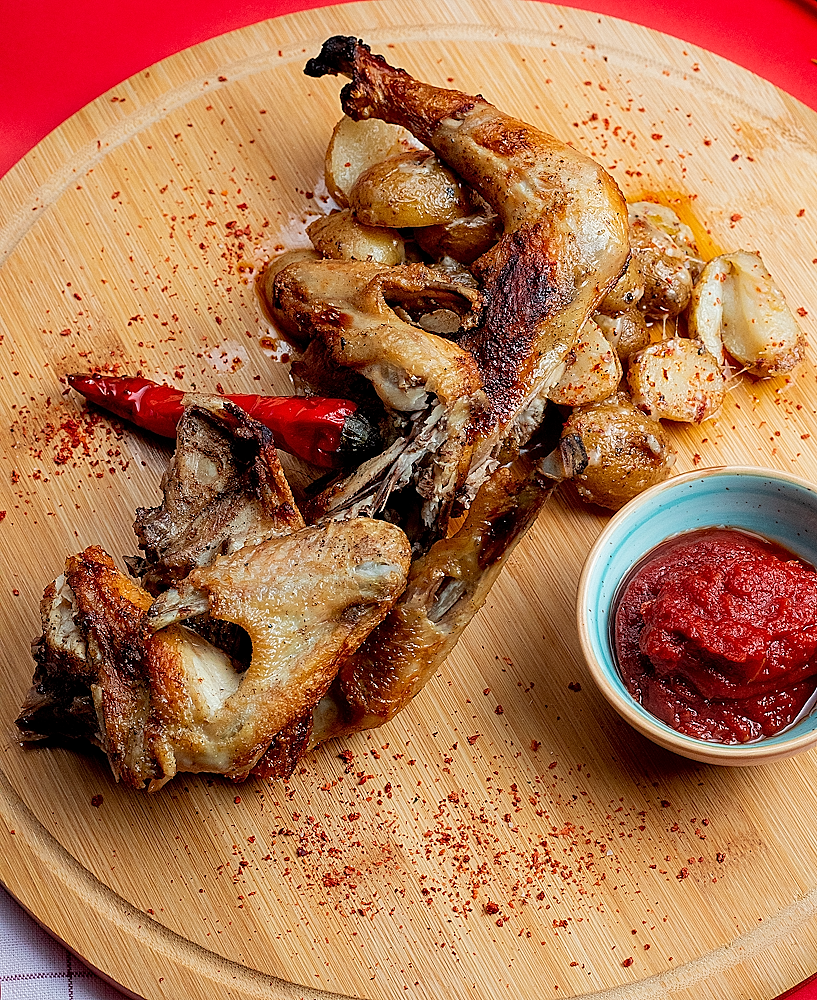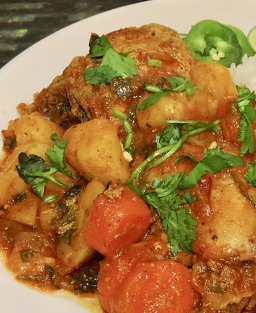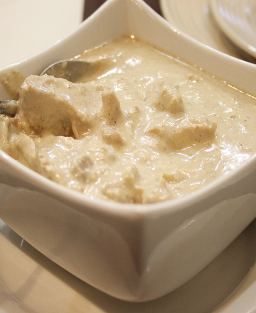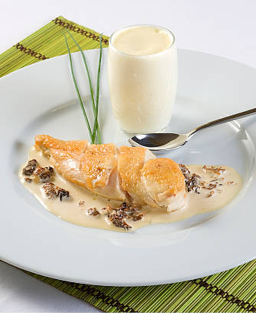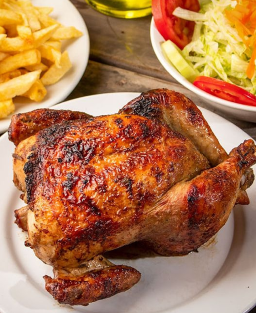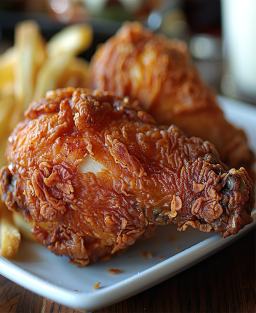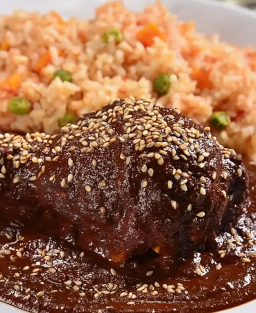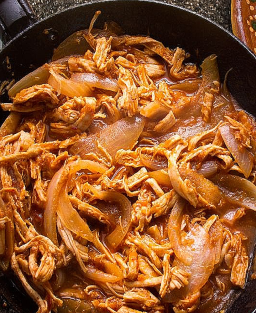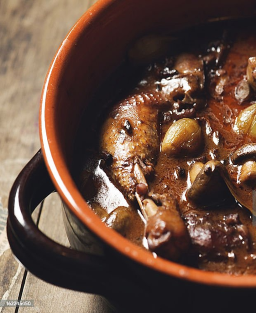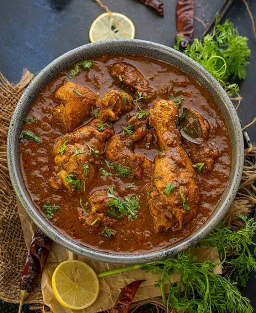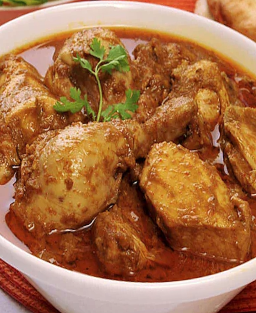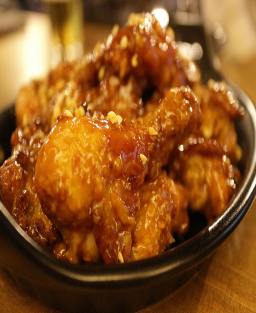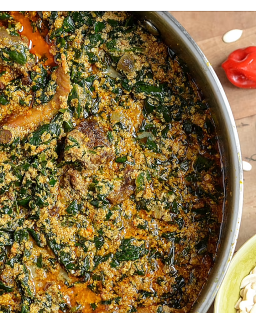- Out-of-Stock
Mozambique Piri-Piri Chicken (Frango Piri-Piri): Traditional Pre-Colonial Portuguese Recipe
Mozambique Piri-Piri Chicken (Frango Piri-Piri): Traditional Pre-Colonial Portuguese Recipe
The cooking of Piri-Piri chicken over a wood fire is at the heart of its authenticity. The embers produce a gentle heat that allows the chicken to be grilled slowly, giving it a crispy skin and juicy meat. The smoke from the wood infuses the spicy marinade with subtle aromas, enhancing the tangy and spicy character of the sauce. This traditional cooking method brings a depth of flavor impossible to achieve with a simple oven. The wood fire elevates the marriage of African and Portuguese spices, offering a rich and warm taste experience. It is this ancestral process that makes Piri-Piri an emblematic dish of Mozambique, where every bite tells a story of sharing and local heritage.
Piri-Piri
The term "Piri-Piri" (or "Peri-Peri") comes from the Swahili language, spoken in parts of East Africa. It simply means "chili pepper."
The word refers to a variety of small, very hot red chili peppers, derived from Capsicum frutescens, introduced to Africa by the Portuguese in the 16th century from South America via Brazil (then a Portuguese colony).
Mozambique was a Portuguese colony from 1498 to 1975. The Portuguese brought their culinary culture, notably rotisserie techniques, garlic, olive oil, and marinades.
In return, they were influenced by local products and techniques, such as:
-
African chili peppers,
-
Cooking over wood fire,
-
Use of lemon, ginger, and coriander.
The Piri-Piri sauce was born from this blend of local African flavors and Portuguese techniques.
A Hybrid Recipe Turned Iconic
Typical Mozambique Piri-Piri chicken is grilled over embers or on a barbecue and marinated in a sauce made from chili peppers, garlic, oil, and lemon.
Ingredients (for 4 people)
For the chicken:
-
1 whole free-range chicken, cut into pieces (or whole thighs),
-
Sea salt to taste,
-
Local coconut oil.
For the Piri-Piri marinade:
-
6 to 8 fresh or dried piri-piri chilies (small, very hot – adjust to tolerance),
-
3 crushed garlic cloves,
-
Juice of 2 limes,
-
2 tablespoons coconut oil,
-
1 teaspoon salt,
-
1 small piece of fresh grated ginger,
-
1 or 2 tablespoons warm water (to slightly dilute).
Traditional Preparation
Preparing the fire:
Light a wood fire or charcoal barbecue (traditionally a three-stone fire).
Marinating the chicken:
In a mortar (or a manual blender), crush the chilies, garlic, ginger, and salt. Add lime juice and oil. Mix until you get a semi-liquid paste.
Marinate the chicken:
Generously coat the chicken pieces with the marinade. Let rest for 1 to 2 hours at room temperature (or overnight in the fridge).
Cooking:
Grill the chicken pieces slowly over the embers, turning regularly. The chicken should be well browned outside and juicy inside.
It can also be cooked in a covered cast-iron pot over a wood fire.
Traditional Sides
Serve with one of the following:
-
Plain white rice,
-
Boiled (or ember-grilled) plantains,
-
Boiled cassava,
-
Rustic Portuguese bread (if available),
-
Steamed cassava leaves or green vegetables.
Authentic Tips and Variations
No sugar, no paprika, no vinegar.
No fries or potatoes in traditional colonial Mozambican cuisine.
Meals are often eaten with the hands, sitting in a circle, with family or community.











